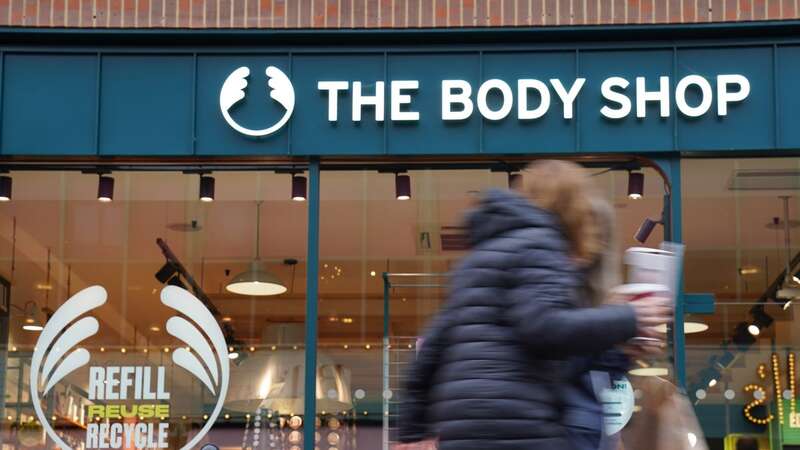
UK businesses are under pressure as more than 2,000 firms went bust in February, nearly a fifth more than the same time last year.
The number of companies going bust spiked last month with The Body Shop, a high profile high street brand, collapsing into administration. There were 2,102 registered company insolvencies, a 17% increase on the same month in 2023, according to data from the Insolvency Service.
This is higher than during the Covid-19 pandemic when Government was keeping struggling firms afloat and also higher than before the pandemic. Businesses are still facing a tough ecnomic climate after company insolvencies hit a 30-year high in 2023, with over 25,000 firms going bust during the year.
Construction businesses had the most casualties last year, as the sector slowed down due to rising mortgage costs and materials inflation. David Hudson, a restructuring advisory partner at FRP: "Rather than fresh starts, the spring brings with it additional challenges for already distressed businesses, particularly those in the strained retail and hospitality sectors."
"Despite hopes of some respite from the Chancellor in last week's Budget, many will see large rises in their business rate bills from the start of April as well as having to shoulder increased wage costs as the new National Living Wage takes effect."
 Rail strikes resume tomorrow as Brits face disruption on return to work
Rail strikes resume tomorrow as Brits face disruption on return to work
He also said that even though people hoped the recession would be short, the financial challenges combined with higher loan costs, and low customer confidence are still big concerns for UK companies.
The UK economy fell into recession at the end of last year, official numbers say, which means it shrank for two quarters in a row. But in January, the economy started to grow again, making people hopeful that the economy might have turned a corner.
Read more similar news:
Comments:
comments powered by Disqus

































